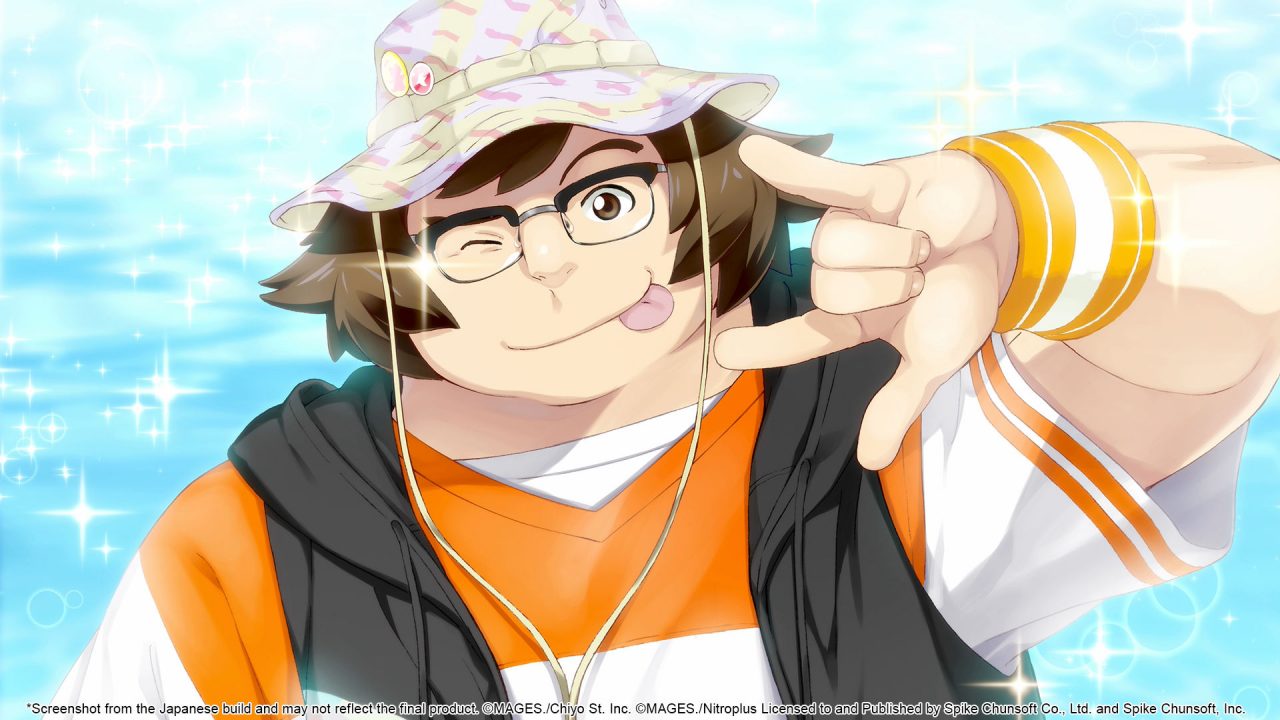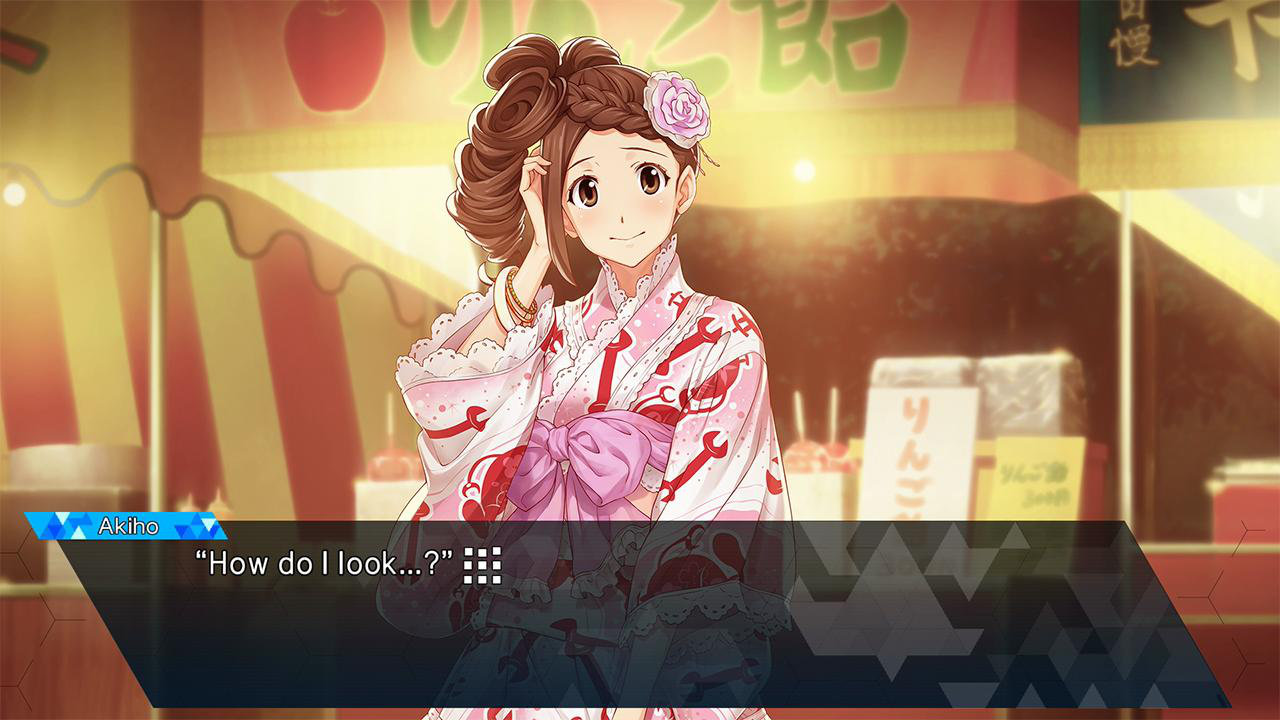(Editor’s Note: The following review will contain spoilers for both Steins;Gate and Robotics;Notes ELITE)
For a long time, I’ve had a complicated relationship with the SciADV series. After the apex of the series, Steins;Gate, things have steadily moved in the wrong direction. This started with the overlong Robotics;Notes then got even worse with Steins;Gate 0 and Chaos;Child. For every wonderful character moment, there has been a young female character overly sexualized. For every spine-tingling plot event, there have been mounds of boring “slice-of-life” filler. There must be an audience for this stuff, because they keep doing more and more of it. I am not that audience.
Robotics;Notes DaSH takes all the flaws of the series and cranks them up to 11. Even worse, it lacks the ingenuity that made the SciADV come to life even in its weaker entries. It ultimately feels like a weak excuse to bring characters from two of the subseries together, and it doesn’t have any other ideas going for it.
This game picks up 6 months after the ending of Robotics;Notes ELITE when both Kaito, who is returning from college, and Daru from Steins;Gate arrive in anticipation of the local festival. For no particular reason, Daru becomes fast friends with the group. Then, when the festival begins, Ko Kimijima, the villain from the first game, returns to wreak havoc once again.
For about the first 80% of Robotics;Notes DaSH…that’s about it. The game turns Kimijima into a bit of a joke, and he’s easily dispatched. From there, the game splits into a variety of routes following Daru’s interactions with the crew from the original game. That would be fine if it weren’t for one thing: Daru. Look, I always thought Daru was Steins;Gate’s weakest character, a pervert with a “heart of gold” that never did anything for me. Originally, he was mostly used as a plot device, and there were characters in that game who called him out for being a jerk. That doesn’t happen here; Daru is now front and center, and it works to the game’s detriment. For instance, the first major battle of the game is won by getting the (much younger, sometimes underage) cast of women to say dirty things to him so he can “become more powerful.” This is after hours of him making multiple gross passes at all of them while they’re in various forms of undress. It’s all played for laughs, and even though I never found Daru’s predilection for young girls funny, I can’t imagine anyone would after getting hit over the head with it so many times.

And it gets worse from there. Each route focuses on Daru’s interactions with the cast, and they’re supposed to show the character’s growth. But they don’t; they keep repeating the same mistakes. Most of them are in bad taste, notably one that involves every male character “becoming” gay, and then some of the most grotesque gay panic I’ve encountered in a video game ensues. Only one of the routes, the only one that focuses on a male character, has any form of meaningful character growth (surprise!). Perhaps most damningly, though, the routes are just so boring. Nothing of consequence happens in any of them, only one of them is “canon,” and they just repeat the same character beats from the first game. These routes take up the vast majority of the run-time, and they’re almost universally a true slog.
Once you clear the final route, two more open up toward the “true ending,” and I’ll admit things do improve, largely because Robotics;Notes DaSH goes back to what the first did well: a focus on the characters from the game and engaging in the pure joy of building things to overcome a great evil. There are also some neat tie-ins to Steins;Gate. However, it’s all too little, too late. After spending 30 hours noodling around with no meaningful progress and rolling my eyes more times than I could count, I was checked out.
Another way DaSH falls short of ELITE is in the gameplay department. Whereas the first featured some fun diversions using button combinations to emulate a fighting game, those are all absent here. You can still look at Twypo (this game’s version of Twitter) to see what your friends are up to, but you can’t interact with them. Notably, though, looking Twypo does allow you to keep up with your friends from Steins;Gate while they interact with Daru, and that might have been the highlight of the game. In fact, it made me wish they had featured literally any other character from that series here.

One small improvement, though, is in how you access the various routes and unlock the true ending. ELITE required a very specific set of responses to dozens of Twypes to unlock the multiple routes, which was maddening. It’s much easier here. The routes become accessible by going to locations in various orders, and it doesn’t take much work to figure out how to unlock them. It’s a marked improvement that avoids a lot of frustration from the first entry.
Another small improvement from the first is the visual and sound presentation. It’s largely quite similar, but the 3D models are slightly crisper, they move a little bit more during interactions, and the UI is slightly spruced up. The music is mostly tracks from the first game, and the few they add meld nicely. However, much like ELITE, none of them stand out as particularly memorable. The voice cast is still intact, though. You can still only listen in Japanese, but they’re so great I wouldn’t switch over even if I could.
If I weren’t playing Robotics;Notes DaSH for review, I would have thrown in the towel on my relationship with the SciADV series about an hour in. The overstuffed run time mixed with the distasteful interactions with the cast leaves me leery of continuing the series. Of course, if Mages can get back to what they do well, with mind-bending plots and intriguing characters, they might get me back. Maybe.


